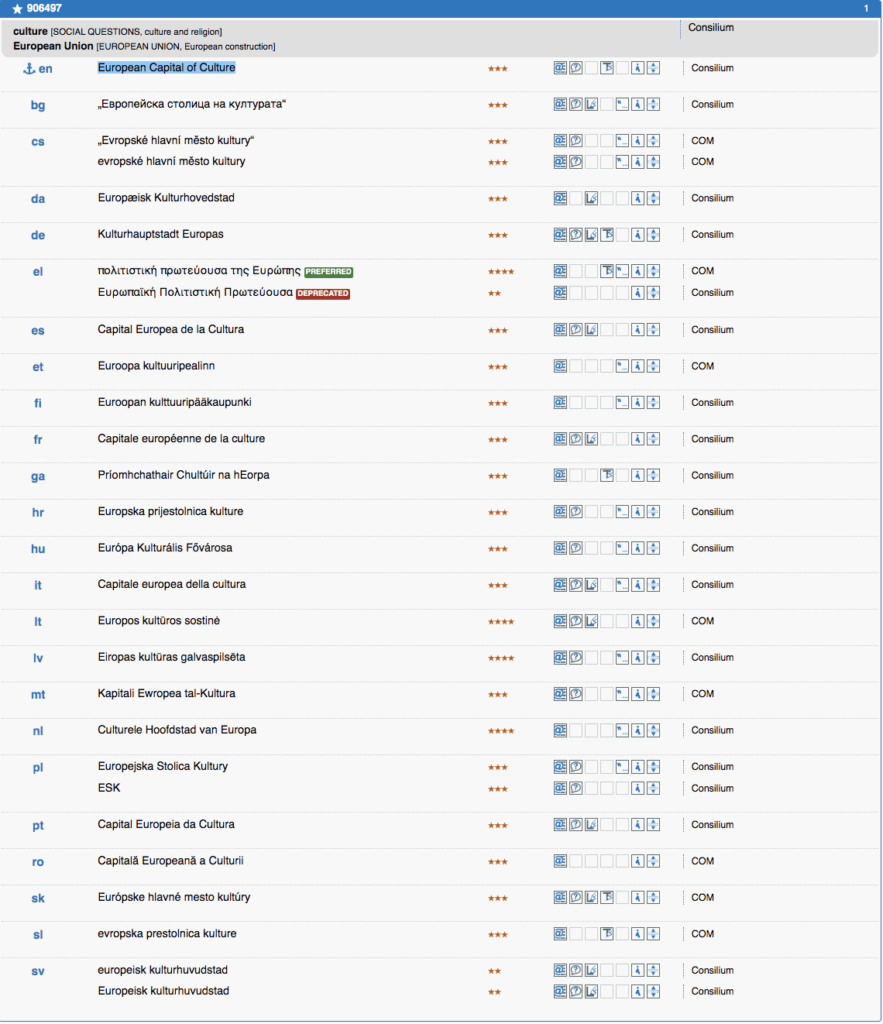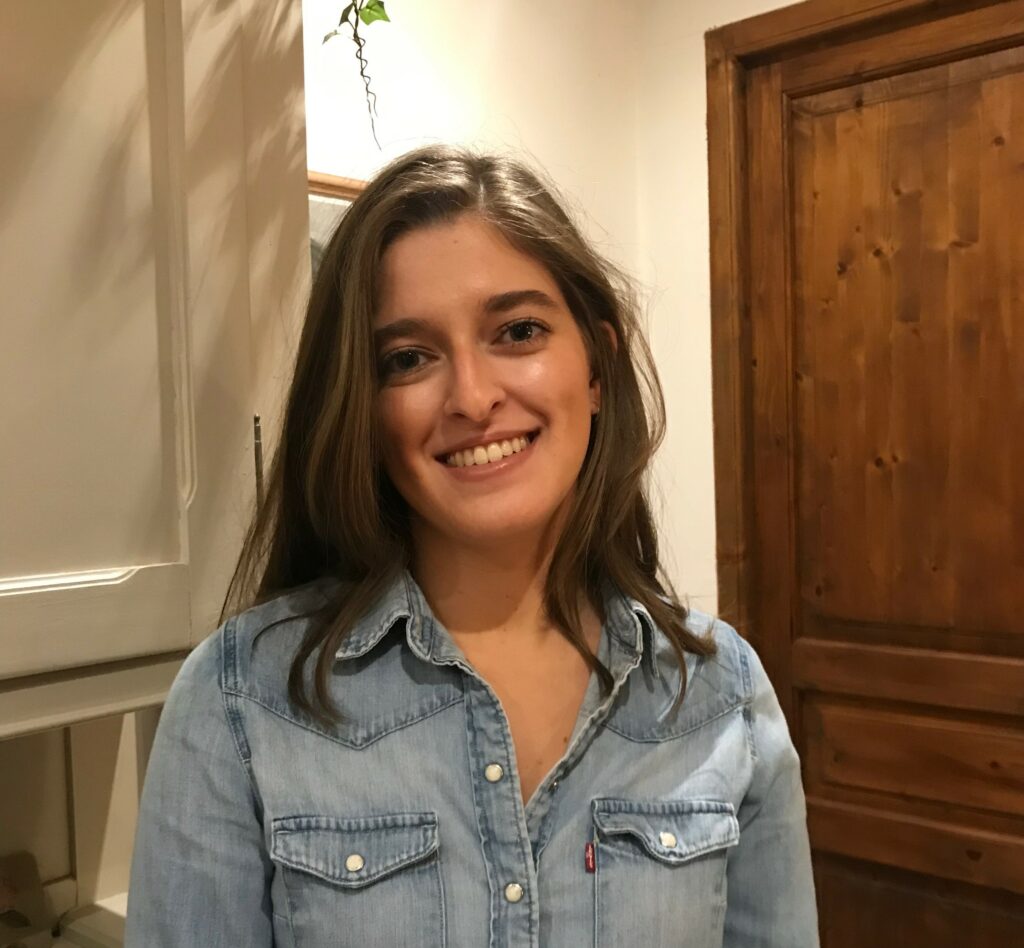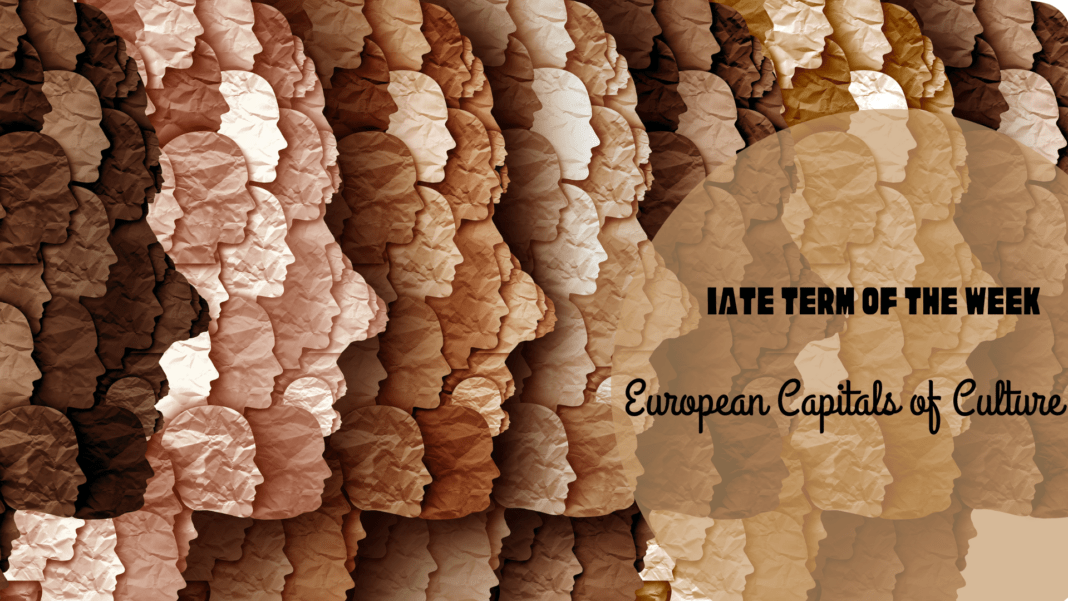The European Capitals of Culture (ECOC) are an initiative created in 1985 by the Greek politician and actress Melina Mercouri (Minister for Culture in Greece) and Jack Lang (Minister for Culture in France). They developed this project together in order to celebrate European cultural diversity.

Since this date, a European Capital of Culture (or sometimes several) is designated every year. It has now become a very advanced and complete project with specific social and economic objectives for all of the cities and countries involved. In total, more than 60 cities have been nominated as European Capitals of Culture.
The main objectives of this imitative are the following:
- Promoting European diversity and cohesion
- Underline the richness of European cultures
- Strengthen the sense of belonging to a united European zone
- Develop different areas in all of the countries of the European Union
- Increase tourism and economic development of specific regions
Each year, for each selected city, a specific programme is prepared and several cultural events are organized to highlight the cultural richness of the specific region and city.
In 2022, the three European Capitals of Culture are the following:
- Esch-sur-Alzette (Luxembourg)
- Kaunas (Lithuania)
- Novi Sad (Serbia)
For 2023, the European Capitals of Culture will be:
- Veszprém (Hungary)
- Timisoara (Romania)
- Éleusis (Greece)
For more than 30 years, this project evolved and was developed along with the current aims of the European Union. In the 1980s, the ECOC was created in order to promote the extension and development of the European Union, as well as strengthening the cultural dimension of the European cooperation. The main aims changed, and the focus has lately been put on the promotion of smaller cities as well as on raising awareness on environmental preservation and climate change.
The cities interested in the participation of the competition for the ECOC must present their application six years before the date if they are part of the selected Member States. The selection procedure is quite strict and is composed of several steps. Cultural experts are checking all of the criteria for each candidate and then final applications must be given. The judging panel then chooses one city per country, since different cities from the same country can be candidates for the same competition.
The procedure is quite long since the selection is done four years before the event. Once designed, the European Capital of Culture must prepare the different activities and must establish a strong cultural strategy as well as a strong promotion of the area. This competition can be stimulating and relevant on an economic point of view but is most of all, a way to gather European citizens together with culture.
The European Commission can decide to award the Melina Mercouri Prize, funded by the Creative Europe Programme, currently set at 1.5 million of euros.
TermCoord worked on a terminology project, as part of the Terminology without Borders initiative on European Capitals of Culture. Click here to consult the terms.
References:
Culture and Creativity. 2022. European Capitals of Culture | Culture and Creativity. [ONLINE] Available at: https://culture.ec.europa.eu/policies/culture-in-cities-and-regions/european-capitals-of-culture. [Accessed 08 September 2022].
European Capital of Culture 2022 | Europeana. 2022. European Capital of Culture 2022 | Europeana. [ONLINE] Available at: https://www.europeana.eu/fr/blog/european-capital-of-culture-2022. [Accessed 08 September 2022].
European Capitals of Culture across state borders. Challenges and actions for cross-border urban cohesion РUniversit̩ de Lorraine. 2022. European Capitals of Culture across state borders. Challenges and actions for cross-border urban cohesion РUniversit̩ de Lorraine. [ONLINE] Available at: https://hal.univ-lorraine.fr/hal-03136600. [Accessed 08 September 2022].

Written by Cécile Mayeres
She holds a Master’s degree in Translation and Cross-Cultural Communication with a specialization in European mobility. She now does a traineeship in Communication at the Terminology Coordination Unit.

